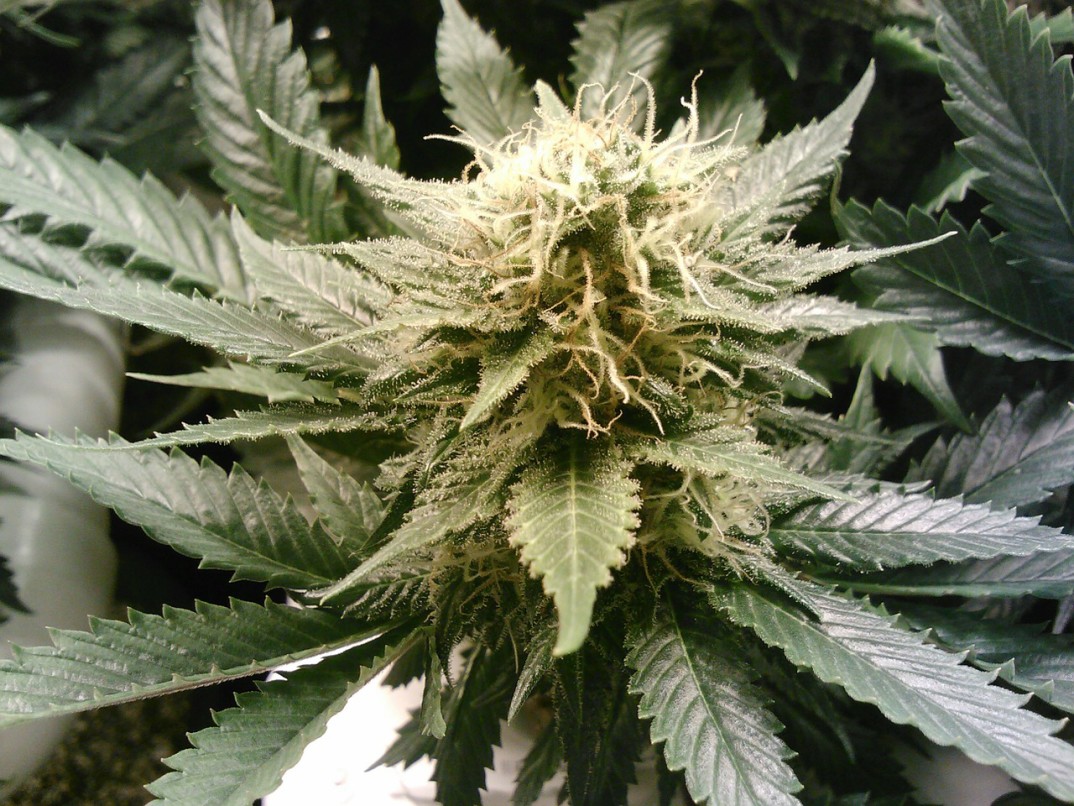Communion of a Different Kind
When the authors of Indiana’s Religious Freedom Restoration Act (RFRA) passed it into law, marijuana churches were probably the last things on their mind. Yet, only a few months after the act’s passing, Indiana’s First Church of Cannabis has been established. Existing under the freedoms established by RFRA, the church operates on principles of “love, respect, equality and compassion,” with marijuana as its official sacrament. While many have cast it as a joke or a political statement against RFRA, the church also raises a number of questions about how the government can and should interact with organized religion.
Central to the controversy is the speed with which the church received its tax-exempt status from the IRS. According to The Huffington Post’s Matt Ferner, the 30-day return Levin’s church received is much shorter than the average wait time, which hovers sometime around 180 days. As pointed out in a discussion on The O’Reilly Factor, this expedited exemption is a far cry from those of some conservative groups, which the IRS admitted it selected for extra scrutiny based on Tea Party affiliations in 2012. When the group in question is centered on a practice still illegal in states like Indiana, it raises questions about why it did not appear to face similar levels of scrutiny.
Ultimately, the Church of Cannabis controversy also sparks questions of where a government’s boundaries may lie in monitoring or regulating religious belief. Constitutionally, the argument seems to be in favor of the church. In addition to constitutional provisions that separate church and state, US Supreme Court decisions like that in Employment Division v. Smith in 1988 suggest that, outside of criminal law repercussions, religions incorporating illegal substances cannot be burdened (in this case, by denial of unemployment benefits for practitioners).
While the constitutional case for the church is relatively strong, it brings up questions of whether such protections are sufficient. Especially given the current political climate in the United States, the marijuana-focused church has been cast as relatively harmless. But what if a similar church arose surrounding the use of a more destructive drug, like heroin or methamphetamine? While the government would have criminal jurisdiction over these actions, would such jurisdiction be enough? Outside of criminal law, does the government have a right or responsibility to regulate such behaviors? These debates underscore the roles that government should play in society, especially with regard to closely held religious belief and harmful activities.
While the First Church of Cannabis’ first service is still a few weeks away, the debates encircling it guarantee that it won’t leave the spotlight any time soon. It remains to be seen how state or federal authorities will react once services begin, especially if they incorporate organized use of marijuana. Whatever decision is made at that time will further shape the debate about just how far the government can reach when it comes to religious belief.





